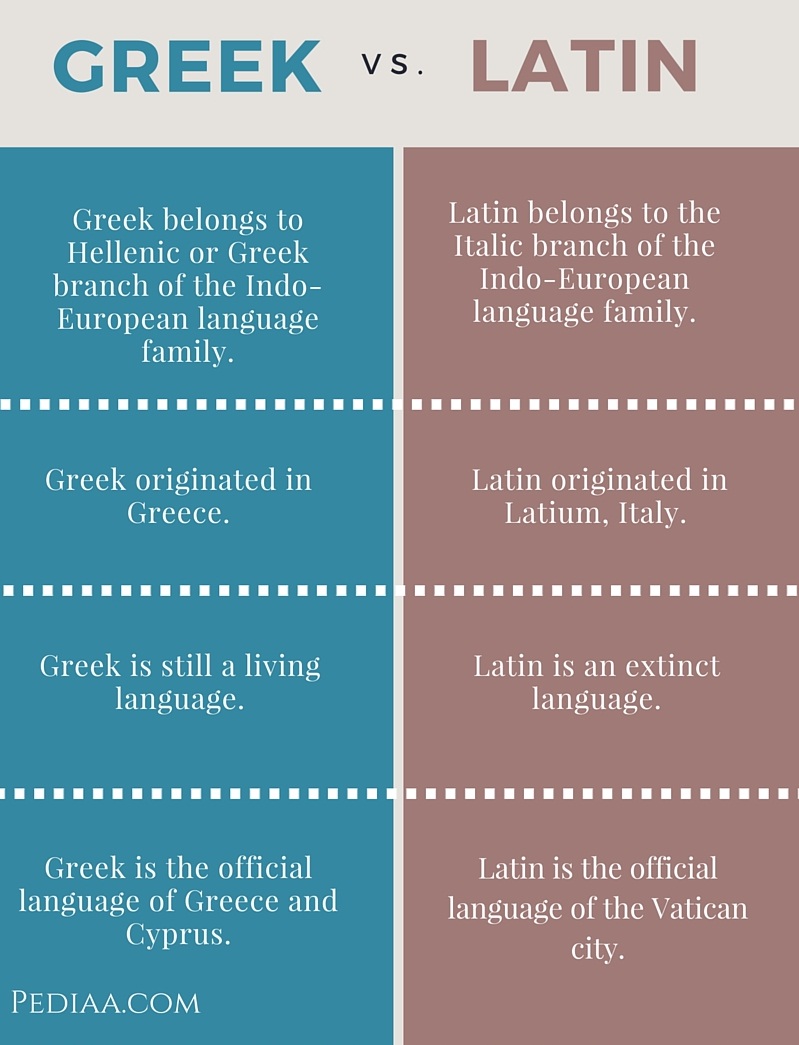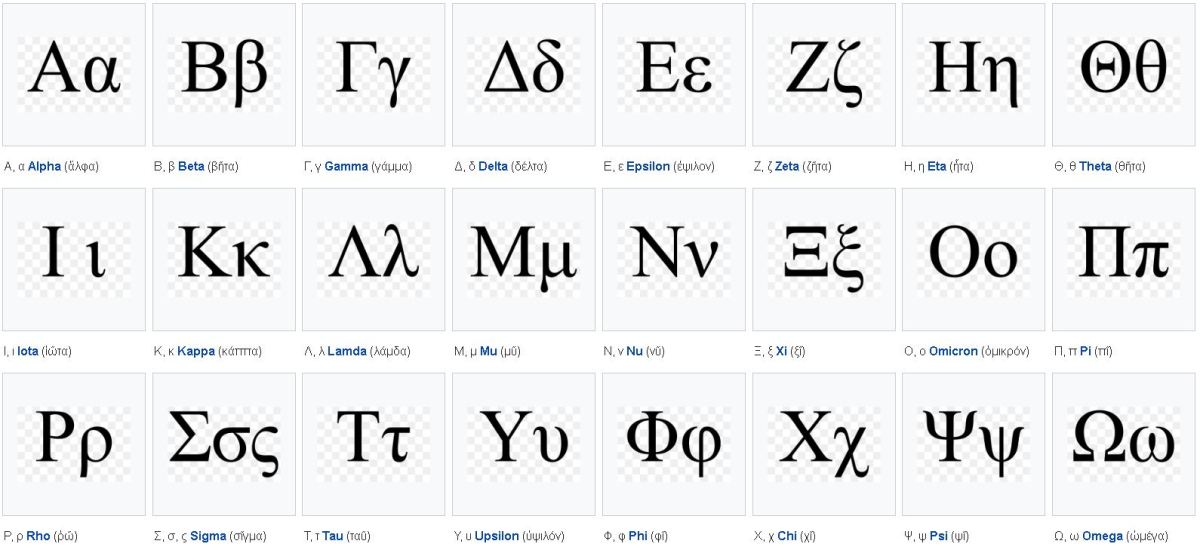Learning greek and latin
Table of Contents
Table of Contents
If you’re interested in ancient languages, you might have wondered Which Language Is Older Greek Or Latin? Both languages are pivotal to Western civilization, and they share many similarities and common roots. So let’s dive in and explore the history of Greek and Latin, and which language came first.
Exploring the Pain Points
The question of Which Language Is Older Greek Or Latin can be confusing and frustrating, especially for newcomers to the study of ancient languages. It can be challenging to sort through all the information available online and in books, and determine which sources are reliable and trustworthy. Additionally, the study of ancient languages can be complex and time-consuming, with many complexities that are difficult for beginners to understand.
Answering the Question
Greek is older than Latin, with a history that dates back to around 1500 BCE. Greek was spoken in ancient Greece, an area that encompassed modern-day Greece, parts of Turkey and Italy, and other regions around the Mediterranean. Latin, on the other hand, emerged in the ancient Roman Empire, starting around 75 BCE. Latin was primarily spoken in the Italian Peninsula and quickly spread as the Roman Empire conquered new lands.
Summarizing the Main Points
So, to answer the age-old question: Which Language Is Older Greek Or Latin? The answer is unequivocally Greek. That being said, both languages are ancient and influential, with rich histories and fascinating grammar and syntax rules. Studying either language is a rewarding experience that can deepen your appreciation for the foundations of Western civilization.
Personal Experience with Greek and Latin
As an avid language learner, I’ve had the opportunity to study both Greek and Latin. While the two languages share many similarities, they also have distinct differences in terms of grammar, vocabulary, and pronunciation. I’ve found that learning ancient languages can be challenging, but it’s also incredibly rewarding. It’s humbling to think about the countless generations of people who spoke these languages and how they shaped the world we live in today.
The Importance of Learning Ancient Languages
Learning ancient languages like Greek and Latin can be immensely valuable, whether you’re interested in literature, history, or linguistics. These languages offer unique insights into the roots of Western civilization and can deepen your understanding of contemporary languages, including English. The complexities of ancient languages can be daunting, but with dedication and patience, anyone can learn the basics and gain a new appreciation for the richness of human communication.
Why Did Latin Become So Popular?
While Greek is older than Latin, Latin ultimately became more popular and influential, primarily due to the rise and spread of the Roman Empire. Latin was the language of the Roman government, and it was used in the administration of the Empire. Additionally, Latin was the language of the Roman Catholic Church, which had widespread influence throughout Europe and beyond.
The Influence of Greek on Modern Languages
While Greek is not as widely spoken today as it was in ancient times, its influence on modern languages is undeniable. Many English words have roots in Greek, including words related to science, medicine, and philosophy. Learning Greek can deepen your understanding of these words and help you communicate more effectively in academic and professional settings.
Personal Insights into Ancient Language Learning
When I first started learning ancient languages, I was overwhelmed by the sheer complexity of the grammar and vocabulary. However, as I delved deeper into my studies, I found that the intricacies of these languages were endlessly fascinating. Each new word or rule I learned opened up a whole new world of meaning and nuance. Even if you don’t become a fluent speaker of ancient languages, studying them can expand your horizons and open up new avenues of thought.
Question and Answer
Q: Why did Greek decline in popularity?
A: Greek declined in popularity due to several factors, including the rise of the Roman Empire and the spread of Christianity, which saw Latin become the dominant language of Europe.
Q: Is learning ancient languages worth the effort?
A: Absolutely! Learning ancient languages can deepen your appreciation for history, literature, and culture, and provide you with valuable insights into the roots of modern languages.
Q: Can anyone learn ancient languages?
A: Yes! While learning ancient languages can be complex and time-consuming, anyone can learn the basics with dedication and practice.
Q: Why are ancient languages important?
A: Ancient languages form the foundation of Western civilization and provide insight into the development of society, culture, and communication.
Conclusion of Which Language Is Older Greek Or Latin
So, which language is older: Greek or Latin? As we’ve seen, Greek is the older of the two languages, with a rich and fascinating history that spans over 3,000 years. Latin, while not as old as Greek, was nevertheless an incredibly influential language that shaped Western civilization. Whether you’re interested in learning ancient languages for scholarly or personal reasons, the study of Greek and Latin, and their roles in history, offers a wealth of knowledge and insights.
Gallery
Ancient Latin (Language) - HistoriaRex.com

Photo Credit by: bing.com / latin ancient language inscriptions rome marble attend competition students state historiarex civilization timeline old sutori italy
Difference Between Greek And Latin

Photo Credit by: bing.com / difference koine pediaa infographic languages vatican extinct
Pin By Etymopedia On Language | Latin Greek, Linguistics, Diagram

Photo Credit by: bing.com / cyrillic venn linguistics follow tweetdeck
Bilingual Greek-Latin Text | Dickinson College Commentaries

Photo Credit by: bing.com / latin text greek bilingual dickinson
Learning Greek And Latin - Benefits Anyone Can Enjoy By Studying

Photo Credit by: bing.com / enjoy hubstatic usercontent1 ought







